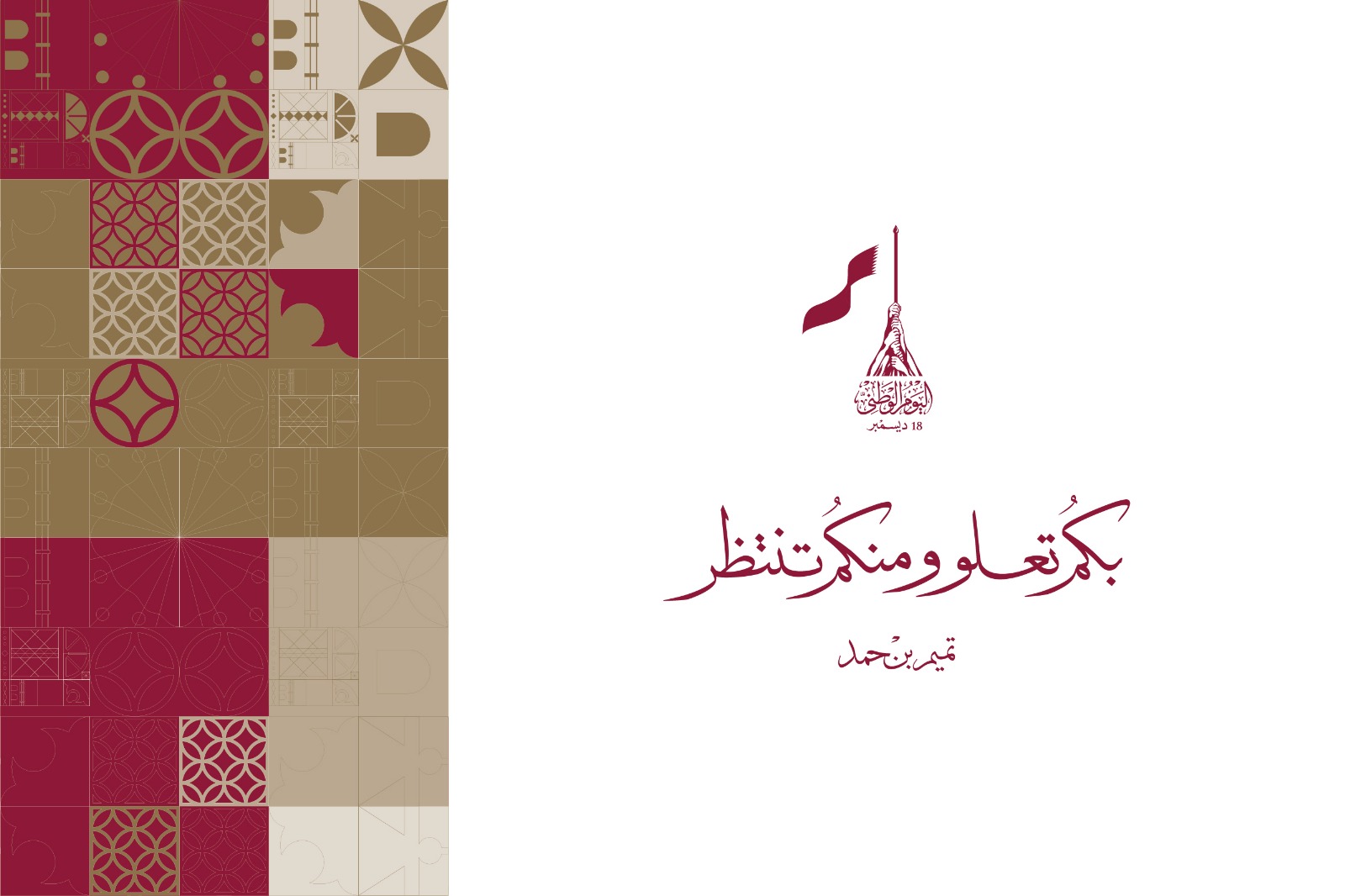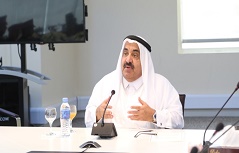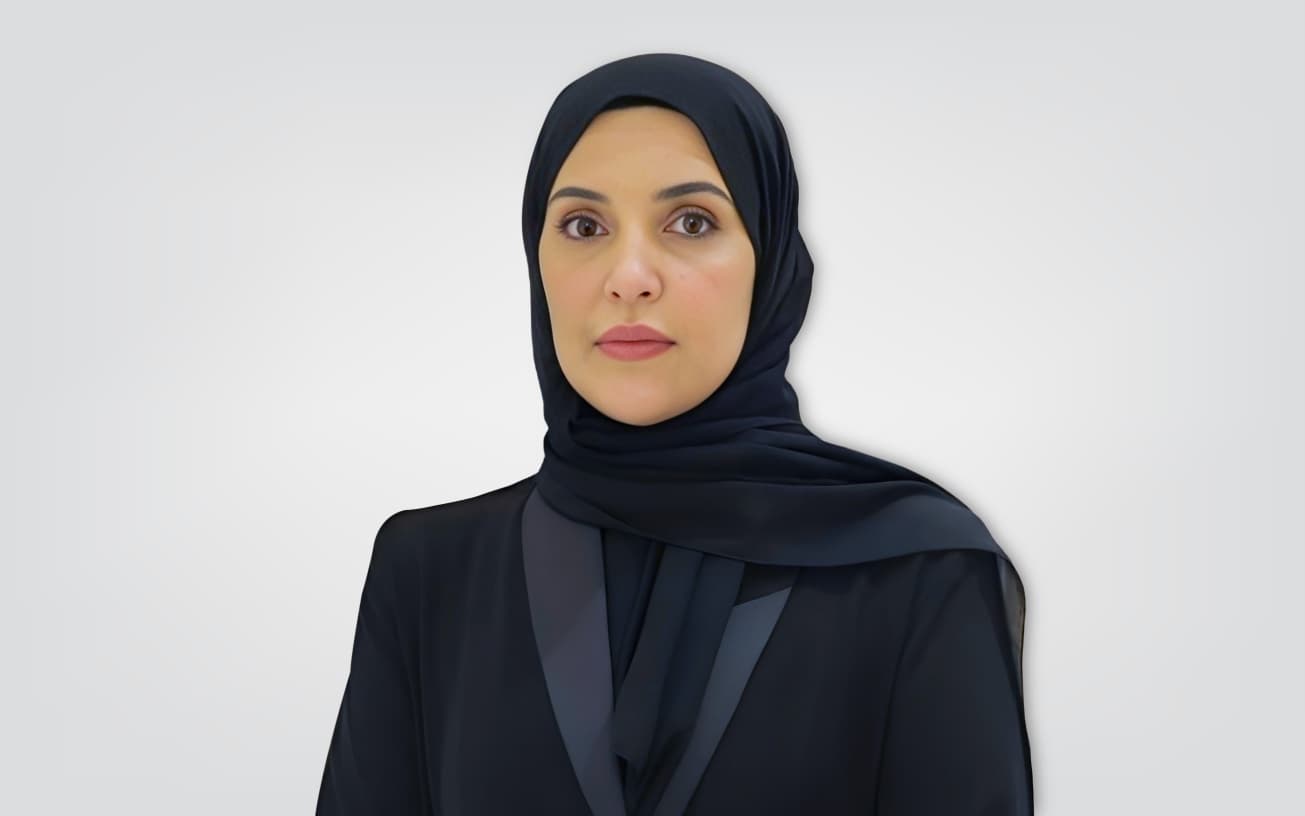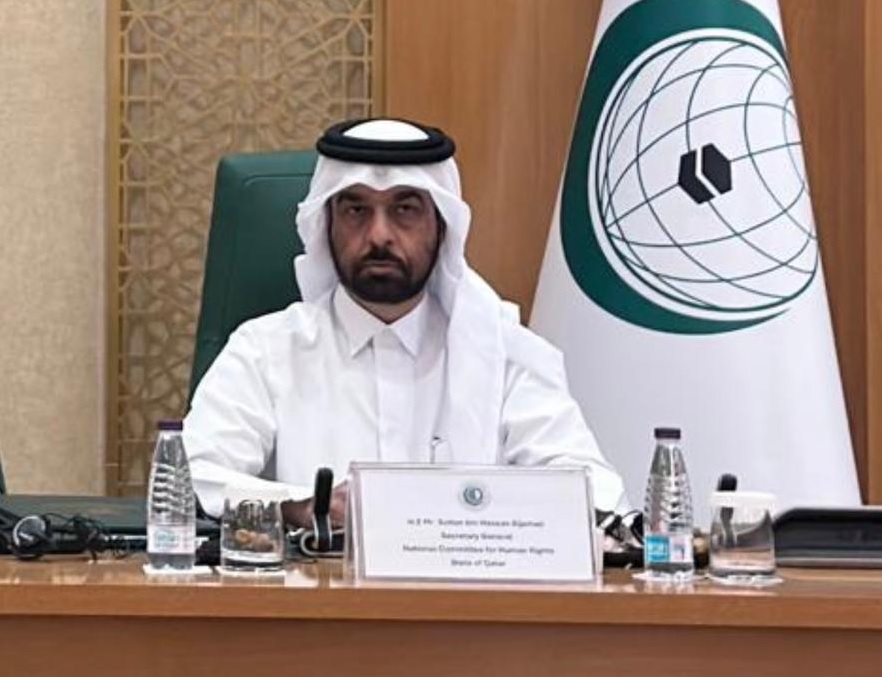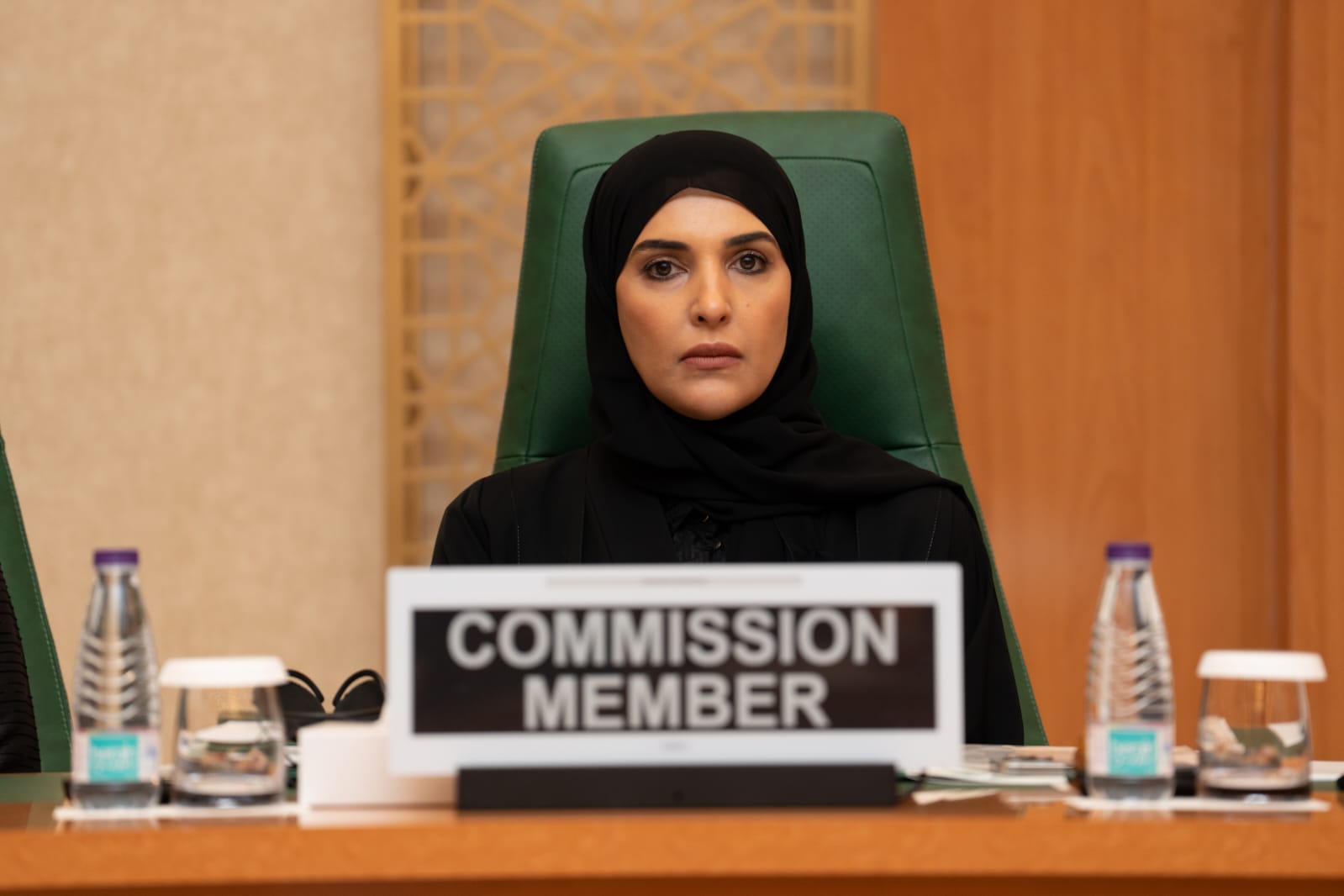الرجوع الى الأخبار
Students of Ahmed bin Mohammed Military College visited The NHRC
Students of Ahmed bin Mohammed Military College visited The NHRC in which the Committee's officials gave an introductory brief about the Committee and its mechanisms to disseminate the culture of human rights.
Dr. Yousif Obeidan, vice Chairman of the NHRC, welcomed the students of the college and stated that the continuous communication between the college and the NHRC reflects the increasing awareness by those who are in charge of the faculty to educate students and employees the culture of human rights and the methodology to establish this culture in our societies and the environments in which we operate.
Obeidan during his introductory brief about the establishment, vision, mission and objectives of the NHRC, stated that: since the beginning of the modern history of the state of Qatar, the founders devoted effort to promoting the state rights and freedoms of law and institutions, in which the NHRC was established in accordance with Decree Law No. (38) for the year 2002; in light of the overall renaissance of the State of Qatar in that era, the NHRC was re-organized in accordance with Decree law no. (17) for the year 2010, thereby consolidating NHRC independence with a separate legal personality and an independent budget; this Decree also specified the objectives and mandates of the NHRC.
Obeidan explained that at the international level, the NHRC was accredited A status by the International Coordinating Committee of National Human Rights Institutions for the Protection and Promotion of Human Rights (ICC) which is a representative body of national human rights institutions drawn from all regions of the world; the NHRC is also a member in the Sub-Committee on Accreditation (SCA) of the International Coordinating Committee (ICC) which is responsible for the accreditation and classification of national Committees all over the world. The NHRC is entitled to participate in the ICC and in its regional sub-group, the Asia Pacific Forum as of March 2012 for a period of 3 years. He pointed out that the vision of the National Human Rights Committee of Qatar is based on the conviction that human rights is one of the most important issues of the national community in particular and the international community in general. Acknowledging these rights whether they are political, civil, cultural, social or economic, and whether they are individual or group rights, is a commitment to equality, justice, freedom and human dignity of all humans without discrimination; while the mission of the NHRC is based on The protection and promotion of human rights for everyone subject to the jurisdiction of the state of Qatar (citizens, residents and transit travelers) in order for the Committee to achieve this mission, NHRC seeks to raise awareness and education of rights, provide protection and support necessary for individuals and develop abilities.
With regard to the legal nature of the NHRC, Obeidan said: The NHRC The National Human Rights Committee of Qatar is neither a governmental entity nor a civil society institution, It is a national official committee of a special nature and itcan neither be described as an administrative entity in its narrow sense nor a decision-making body. On one hand, The NHRC is considered to be an advisory body concerned with human rights at the national level of authorities and administrative bodies in the state; On the other hand, it receives and investigate complaints from individuals or groups, while the objectives of the NHRC include Awareness and education on human rights for the various parties and groups under international covenants on human rights and national laws; Strengthening and empowering individuals through training programs and other activities to identify, prioritize and defend their rights and seeking to ensure its respect; Expanding the human rights network at the national, regional and international levels; Monitoring and reporting human rights violations; Providing information and legal and social support services for victims of human rights violations; and Spreading and developing the culture of human rights and defending these rights.
In conclusion Obeidan emphasized that such visits will be useful for the college students in their performance of national duty in the present and future and said such visits are considered a real addition to their information and reference in their dealings with individuals and communities.
Mr. Jaber Al Hwail, Director of the Department of Legal Affairs at the NHRC, presented a comprehensive introduction on the mandate of the Department of Legal Affairs and other various departments, pointing out that access to solutions in all the complaints and petitions reaches a rate of 95% of the total complaints summited to the NHRC annually. He added that the legal affairs department studies complaints and petitions summited to the NHRC through specialized techniques and mechanisms through the petitioners personal visit to the NHRC; website of the Committee http://nhrc-qa.org/ar/ in which where the complaint is written, together with other information including place of residence, copy of the identity card (for Qataris), copy of the passport or visa (for non-Qataris), and any supporting papers; hotline (+974) 66626663, which is provided in four languages Arabic, English, Urdu and Filipino.
الصور


